If you could sit down with the person you used to be, what would you say? This episode explores the profound question of how you would mentor your younger self, unpacking the wisdom, regrets, and compassion that come with hindsight.
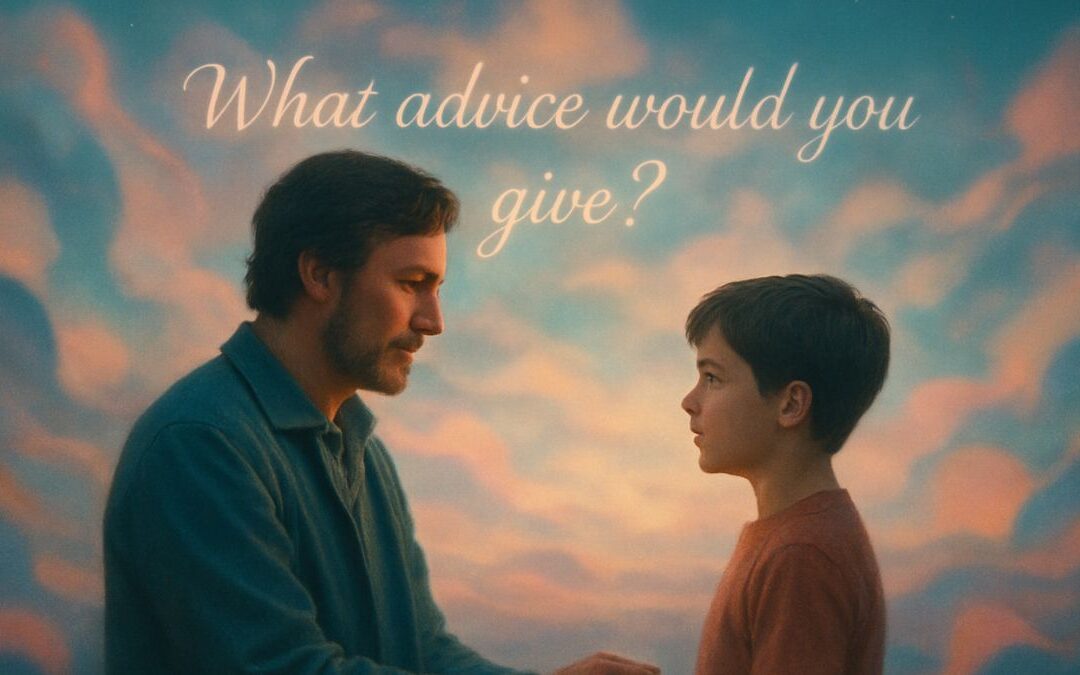

If you could sit down with the person you used to be, what would you say? This episode explores the profound question of how you would mentor your younger self, unpacking the wisdom, regrets, and compassion that come with hindsight.
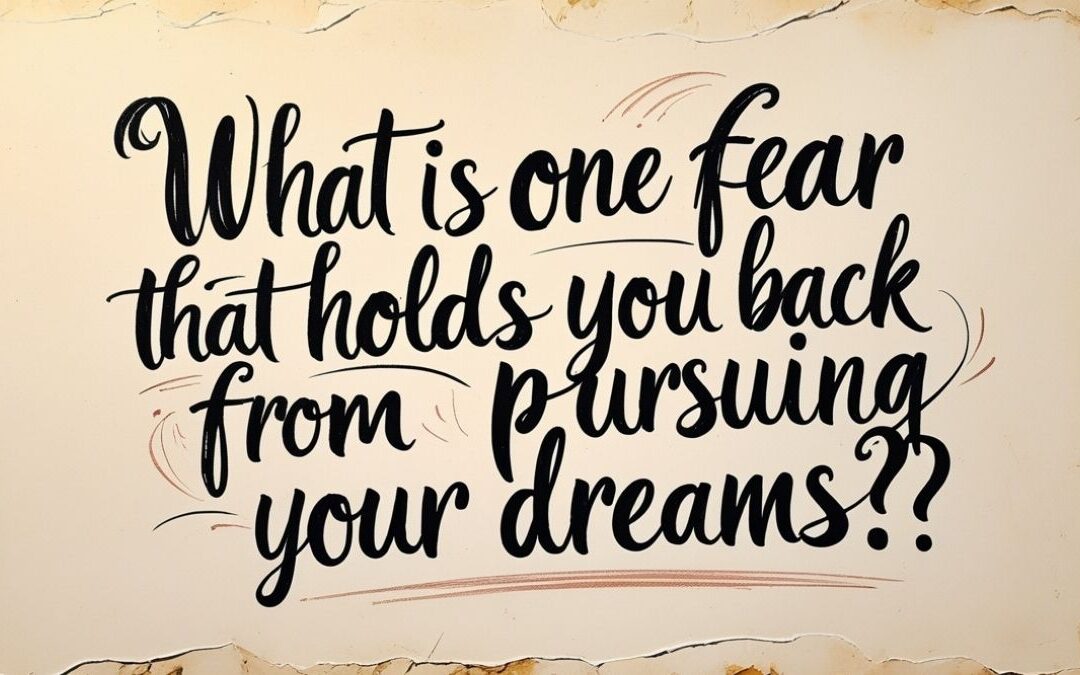
What’s the one dream you’d chase if you weren’t afraid? We’re diving into the neuroscience of fear to understand the one fear that holds you back, and how you can finally start to tame that ancient, powerful dragon in your brain.
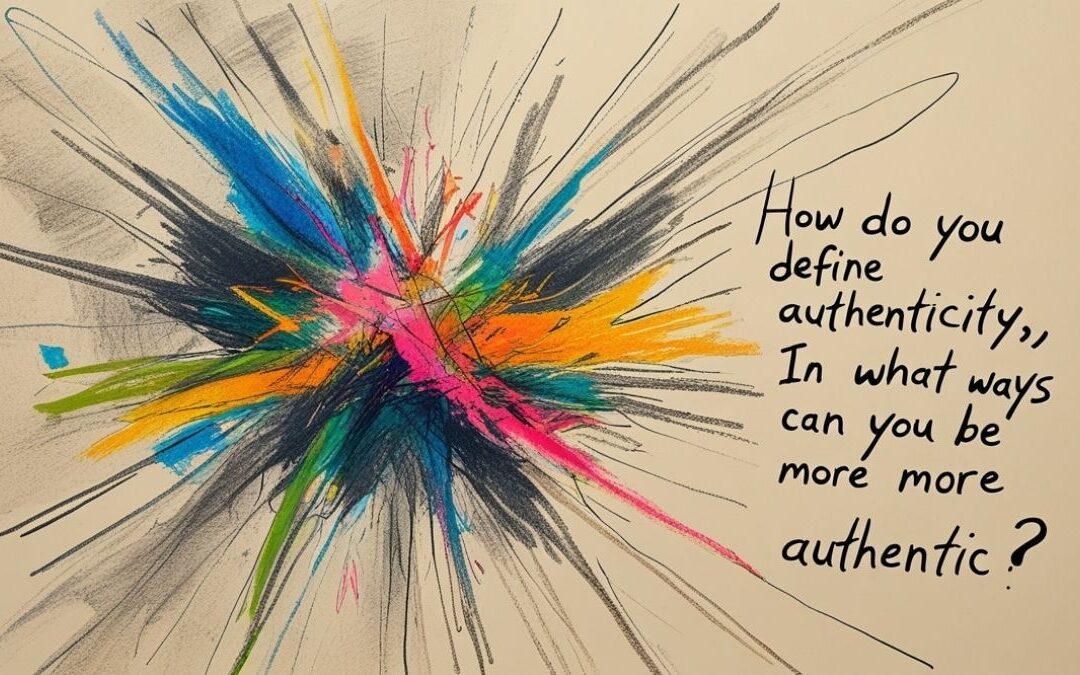
It’s more than a buzzword. How do you define authenticity for yourself? Let’s explore what it truly means to be you and how to courageously close the gap between who you are and who you pretend to be.

Explore the surprising power that comes from embracing vulnerability. This isn’t about weakness; it’s about the courage to be seen and how that courage can transform your relationships and your life. What role does vulnerability play for you?
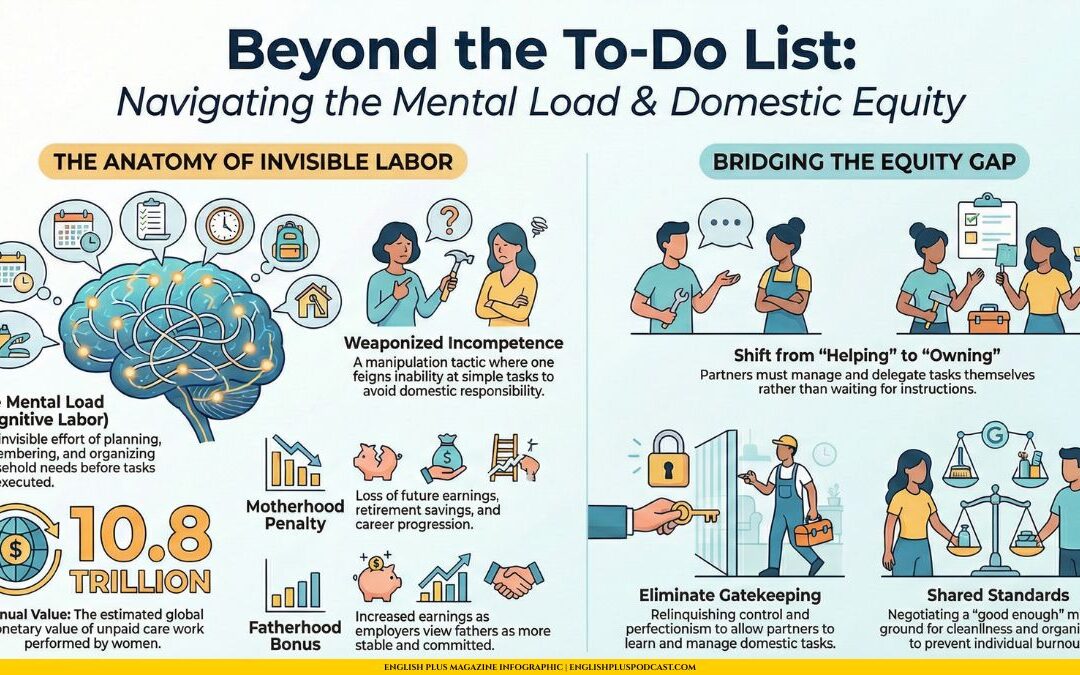
Why does gender equality stop at the front door? We explore the “Second Shift,” the “Mental Load,” and why domestic equity is the next frontier of feminism.
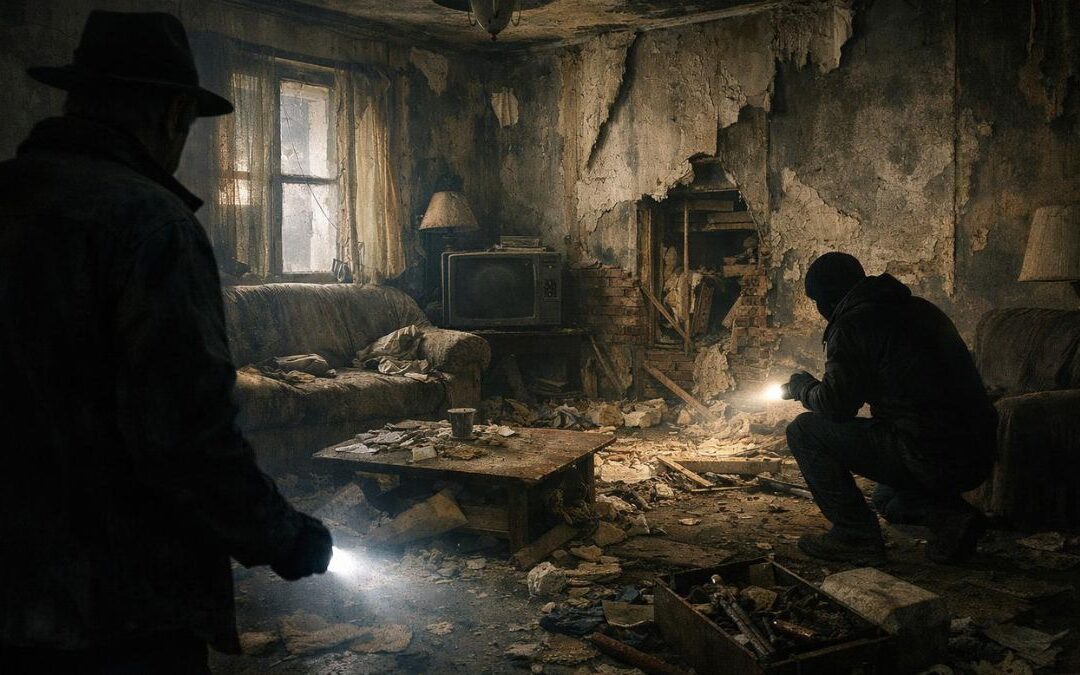
In the finale of Shadow Games, we explore concrete solutions to political corruption. From protecting whistleblowers to the “Singapore Model” of governance, learn how societies clean house and restore trust.

Why do we call it a “Ponzi” scheme? Is it “Gerrymandering” with a hard G? Join the Archivist for a hyper-focused history lesson on the specific words we use to describe fraud, from salamanders to international postal coupons.
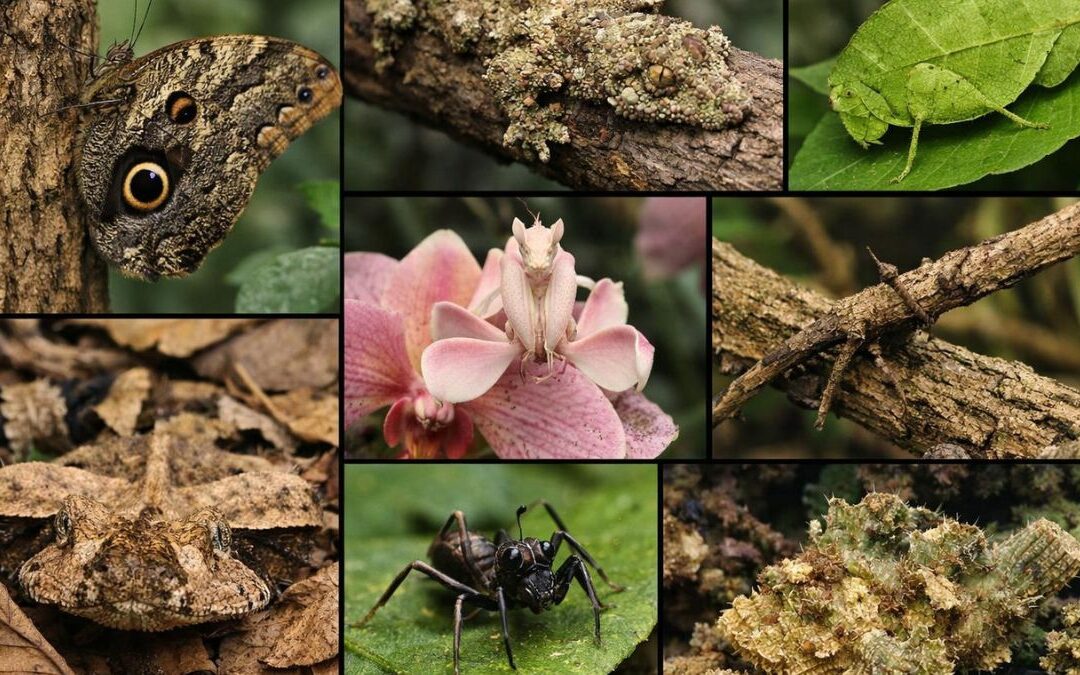
Explore the fascinating world of mimicry, where nature’s greatest con artists use deception to survive. From harmless flies posing as deadly wasps to octopuses vanishing in plain sight, discover the science behind these evolutionary illusions.

Discover how the digital economy mimics medieval feudalism. From the “rentier capitalism” of software subscriptions to the “precariat” of the gig economy, are we losing our ownership rights?
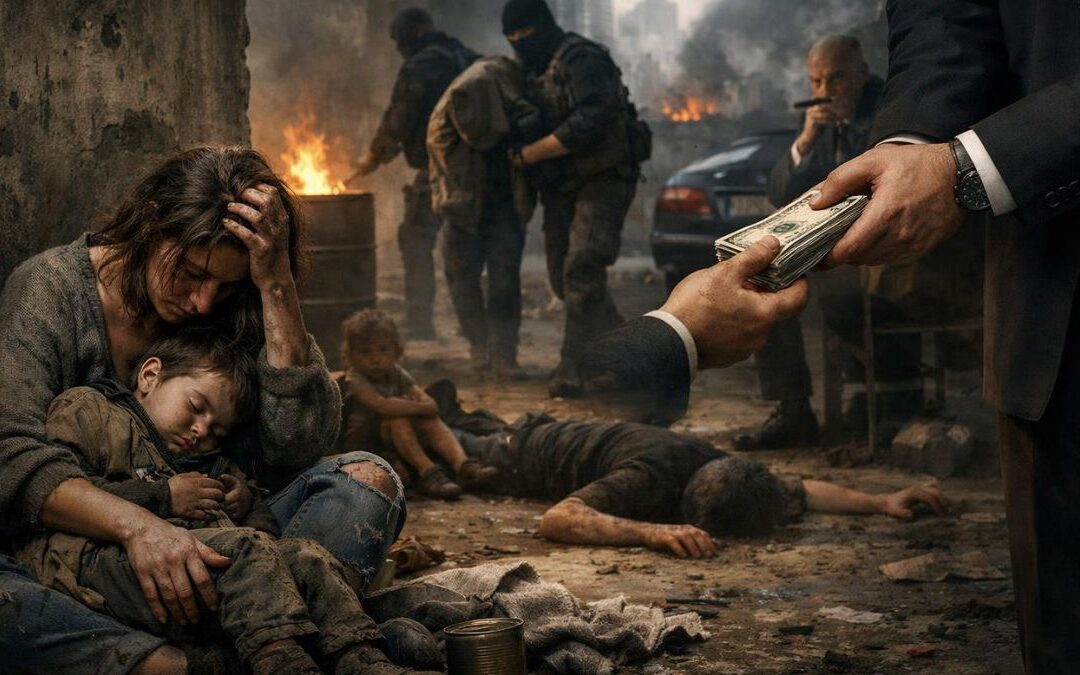
Corruption isn’t just about money; it’s about lives. In Shadow Games Ep 4, we explore the human toll: crumbling infrastructure, the death of meritocracy, and the erosion of public trust. See the real-world impact of the Shadow Game.